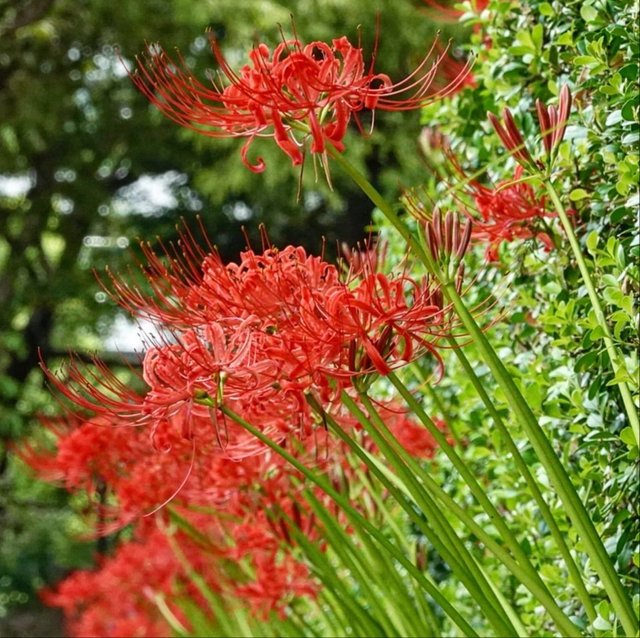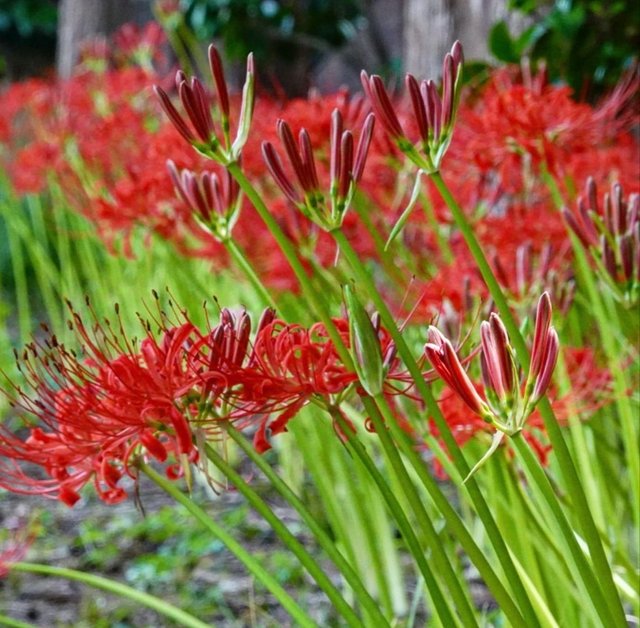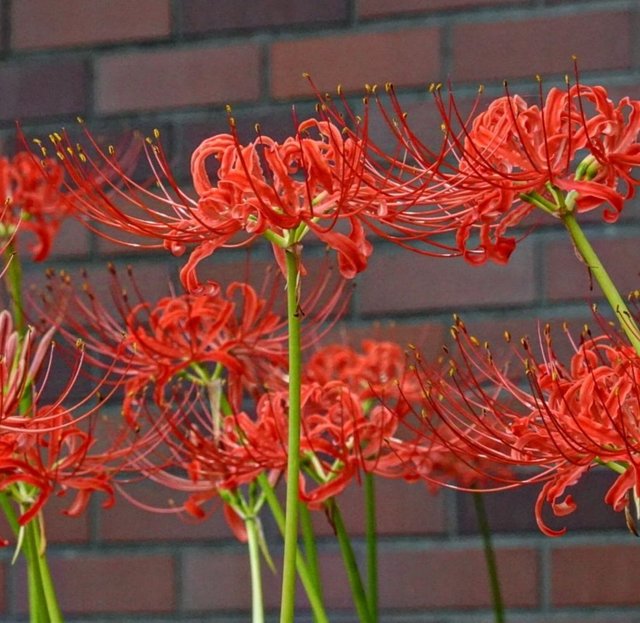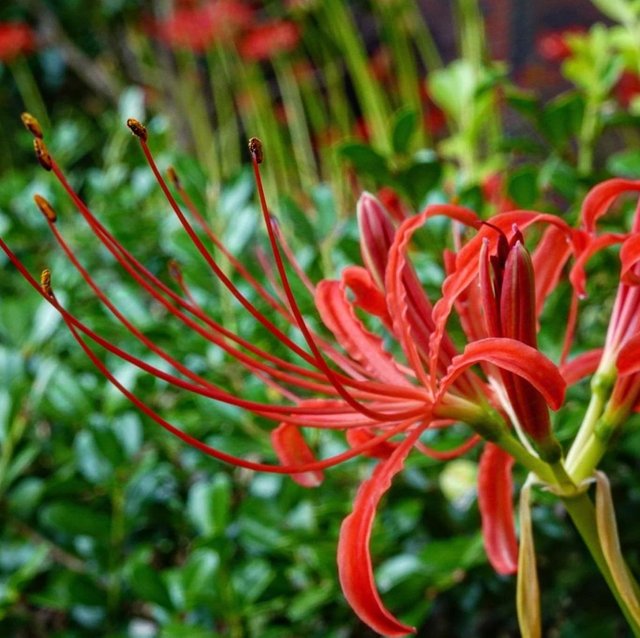Red Spider Lily So Amazing
The Red Spider Lily, also known as the "hell flower," "hurricane lily," or "death flower," is a captivating yet enigmatic plant that holds deep cultural, mythological, and aesthetic significance, especially in East Asian cultures. Known for its vibrant crimson hue and spindly, spider-like petals, this flower is often surrounded by folklore and mystery. Below, we explore its appearance, symbolism, cultural significance, and the scientific aspects that make this plant truly unique.
Appearance and Botanical Features
The Red Spider Lily is a bulbous perennial plant, native to China and Japan but now found in various parts of the world. The plant's most striking feature is its bright red, narrow petals that curve back, creating a spider-like appearance. Each stem typically holds a cluster of six to eight flowers, and the plant itself grows to around 30–70 centimeters in height.
One of the most fascinating traits of the Red Spider Lily is that it blooms in late summer to early autumn, often after heavy rainfall, hence the nickname "hurricane lily." The flower emerges when the plant’s leaves have already died off, creating the illusion that it has sprung forth from bare ground. The blossoms do not coincide with the plant's foliage, which appears in spring and vanishes by the time the flowers bloom. This life cycle adds to the flower's mystical allure, as it seems to embody both life and death simultaneously.
Symbolism and Cultural Significance
The Red Spider Lily is deeply rooted in East Asian traditions, especially in Japan and China, where it is often associated with death, parting, and the afterlife. This connection is largely due to its blooming cycle, which coincides with the Buddhist holiday of Higan, a period of reflection and respect for the deceased. Because of this, the flower is often found near graveyards and temples, where its bright red blooms are thought to guide the souls of the dead to their next journey.
In Japanese folklore, the Red Spider Lily is believed to bloom along the paths that lead the dead into the afterlife. It symbolizes final goodbyes, lost memories, and separation from loved ones. Due to these associations, it’s not a flower commonly gifted for celebratory occasions but instead holds somber connotations, marking the end of life and transitions beyond the earthly realm.




